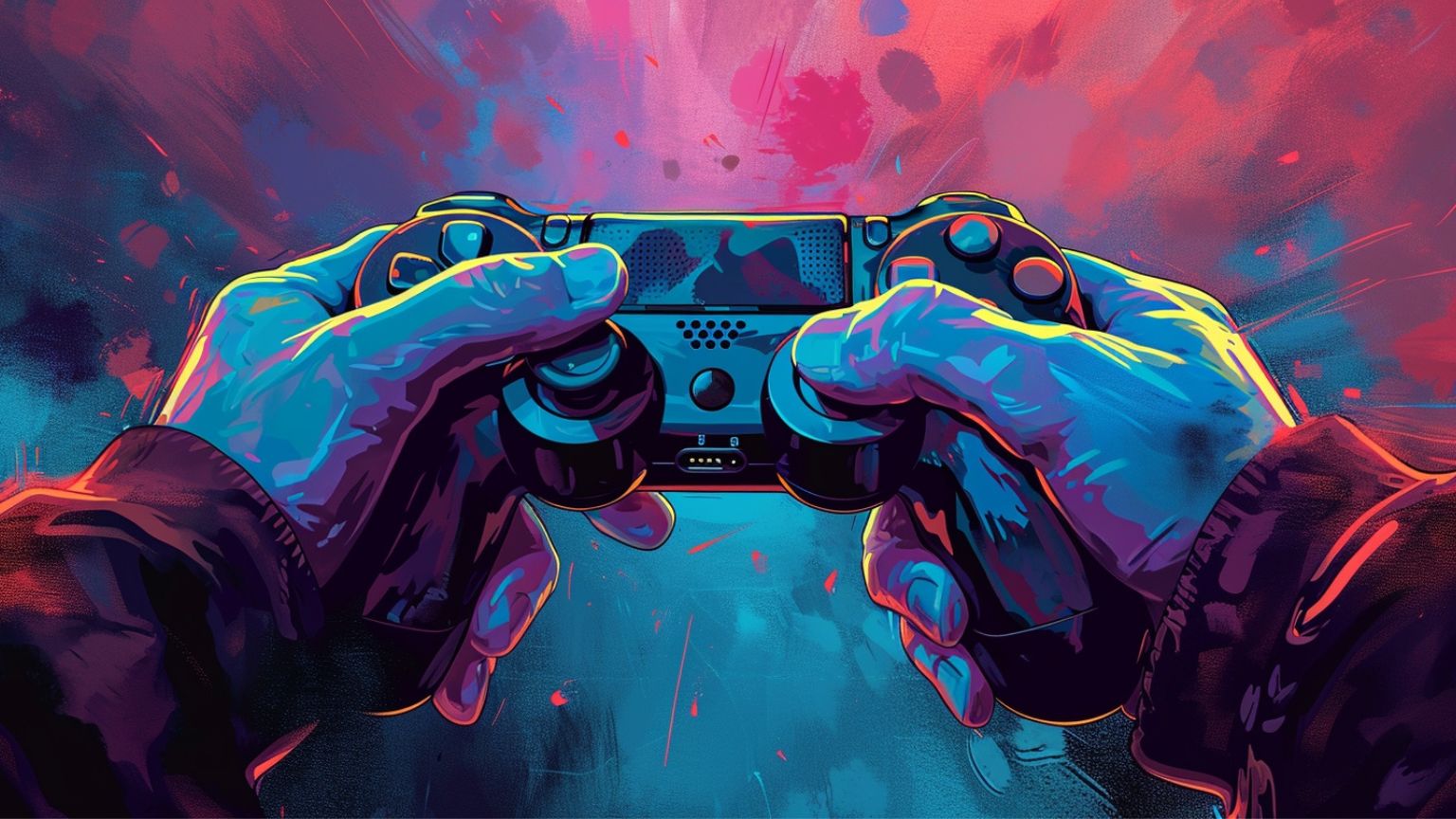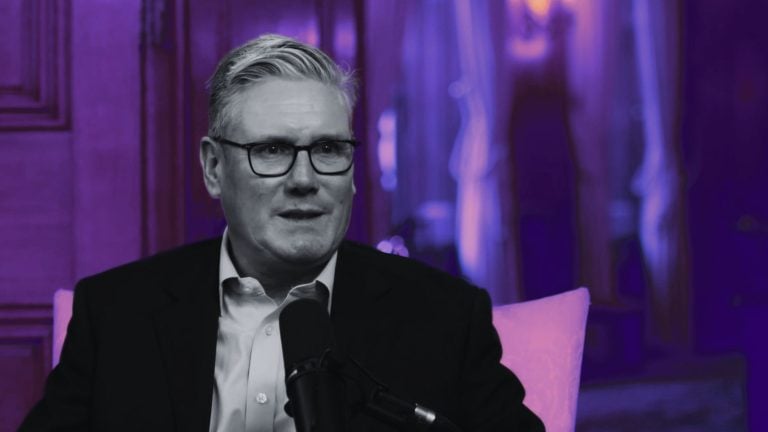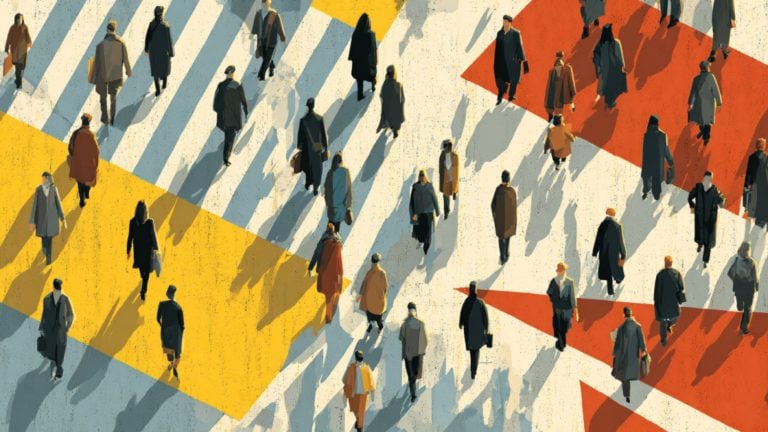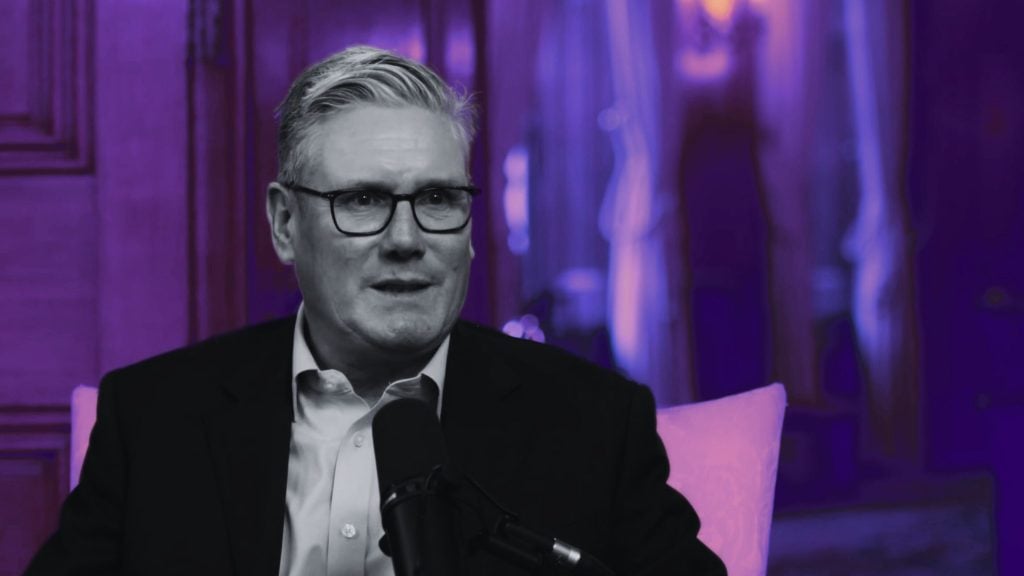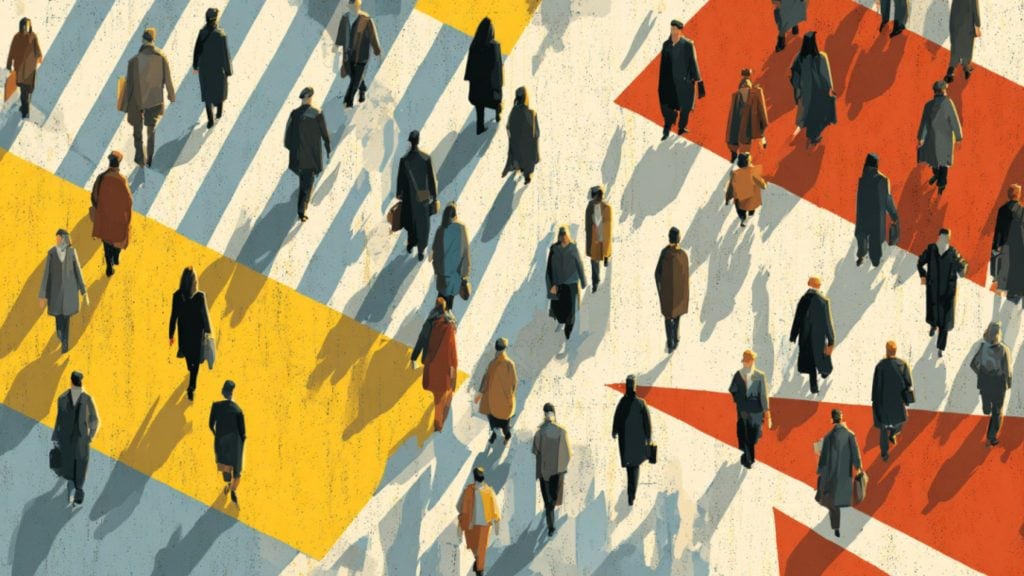As the gaming industry increasingly leans towards online subscriptions, Philippe Tremblay, Ubisoft’s director of subscriptions, argues for the need to accept the absence of physical game ownership for these services to thrive. Ubisoft has ventured into this domain with Ubisoft+ Premium and Ubisoft+ Classics.
Tremblay, speaking with GI.biz, acknowledges the nascent stage of this model, noting its expansion, especially on consoles with major players like PlayStation and Xbox, and trends on the PC front. Yet, for gaming subscriptions to grow, he believes consumers must adapt to not having physical copies, a shift akin to the evolution from CDs and DVDs to streaming in music and film.
This view, however, overlooks significant drawbacks of abandoning physical ownership. Firstly, digital-only models raise concerns about game preservation. As games become more reliant on digital platforms and servers, their longevity is threatened if those services shut down.
Additionally, a substantial segment of gamers still values owning physical copies, as evidenced by the ongoing production and sale of games in disc format.
Tremblay’s stance also seems to ignore the importance of consumer rights and control. Owning a physical copy of a game ensures access regardless of any changes in company policies or subscription models. In contrast, digital-only models can lead to situations where access to purchased content is lost or altered without the consumer’s consent. This approach also risks alienating traditional gamers and those concerned with game preservation, potentially stifling industry growth and innovation.

